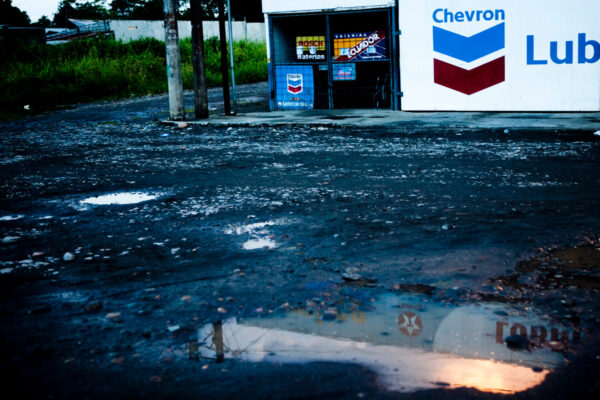First rock star Sting voiced his opposition, now James Cameron, Sigourney Weaver and Joel David Moore have joined in.
The director and stars of the 3D film Avatar last week protested in Brasília with environmentalists objecting to the construction of a huge hydroelectric power station in the Amazon jungle.
The increasingly high-profile campaign is aimed at stopping the Belo Monte project, which is set to be the third biggest hydroelectric plant in the world, generating up to 11,200 megawatts. But environmental concerns are not the project’s only problem.
Earlier this month, Odebrecht and Camargo Corrêa, two of Brazil’s biggest construction companies, said they would not after all enter the race for the contract to build Belo Monte when bidding opens on Tuesday.
This left just one consortium with a clear interest, led by Andrade Gutierrez, another big construction company, with Neoenergia, an energy group, Vale, the miner, and Votorantim, an industrial conglomerate, both huge energy consumers.
Bertin, a group with experience of building smaller power stations, said it was forming a consortium with other construction companies.
The contract will go to the consortium offering to charge the lowest rate for the 70 per cent of Belo Monte’s electricity that will be sold to the national distribution system – the other 30 per cent will be sold at unregulated prices to industrial users.
Odebrecht and Carmargo Corrêa said the upper limit set by the government of R$83 ($47) per megawatt hour was too low to be commercially viable.
“That is a very low price,” says Vladimir Pinto, energy analyst at Bradesco, a Brazilian bank. “If the government manages to sell at the upper limit it will be a huge success.”
Even after the auction goes ahead on Tuesday the government will have to clear other obstacles.
Protesters say Belo Monte will destroy the livelihoods of people living beside the Xingu, one of the Amazon’s biggest tributaries.
As well as flooding 516 sq km – comparatively little for a project this big – it will lower the river’s level as it passes between two indigenous reservations.
The government says such objections were addressed in conditions set by Ibama, the environmental agency, when it granted a preliminary licence.
Opponents say Belo Monte will also suffer from irregular rainfall. “It will only be able to produce 11,000 megawatts for three months of the year,” says Christian Poirier of Amazon Watch, a US environmental group.
“In some months it will produce as little as 1,000 megawatts.”
The project also faces legal hurdles.
Public prosecutors filed two suits last week saying it contravened environmental laws and Brazil’s constitution.
Government lawyers will be working overtime to remove those threats. Luiz Inácio Lula da Silva, the president, made it clear the project would not be stopped.
“You can be certain of one thing: we are going to build Belo Monte,” he said last week. “Let there be no doubt about that, whether [other consortia] come in or not.”
Adriano Pires of CBIE, an energy consultancy, says the government might not mind if other bidders drop out.
“I hope I’m wrong,” he says, “but it may be trying to discourage the private sector and build Belo Monte itself.”
He says that the government has gradually brought more of Brazil’s energy sector under public control.
Mr Pinto at Bradesco says the government would be happiest if a contest between private consortia resulted in tariffs below the upper limit, as happened with two power stations being built on the Madeira River, also in the Amazon.
That would be a success indeed.
Based on the R$83 tariff, the winning consortium would be able to spend about R$19bn on the project.
Many analysts say it cannot be done for less than R$30bn.
The government says Belo Monte is essential to meet Brazil’s rising energy needs.
If it is blocked, the alternative might be to build more thermal coal plants, undermining Brazil’s claim to have the cleanest energy industry in the world.













